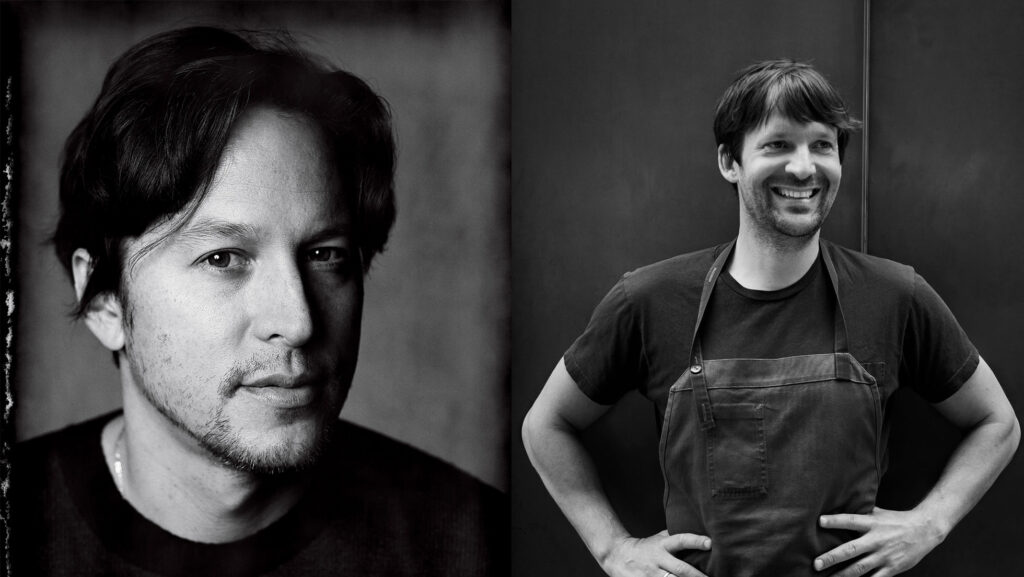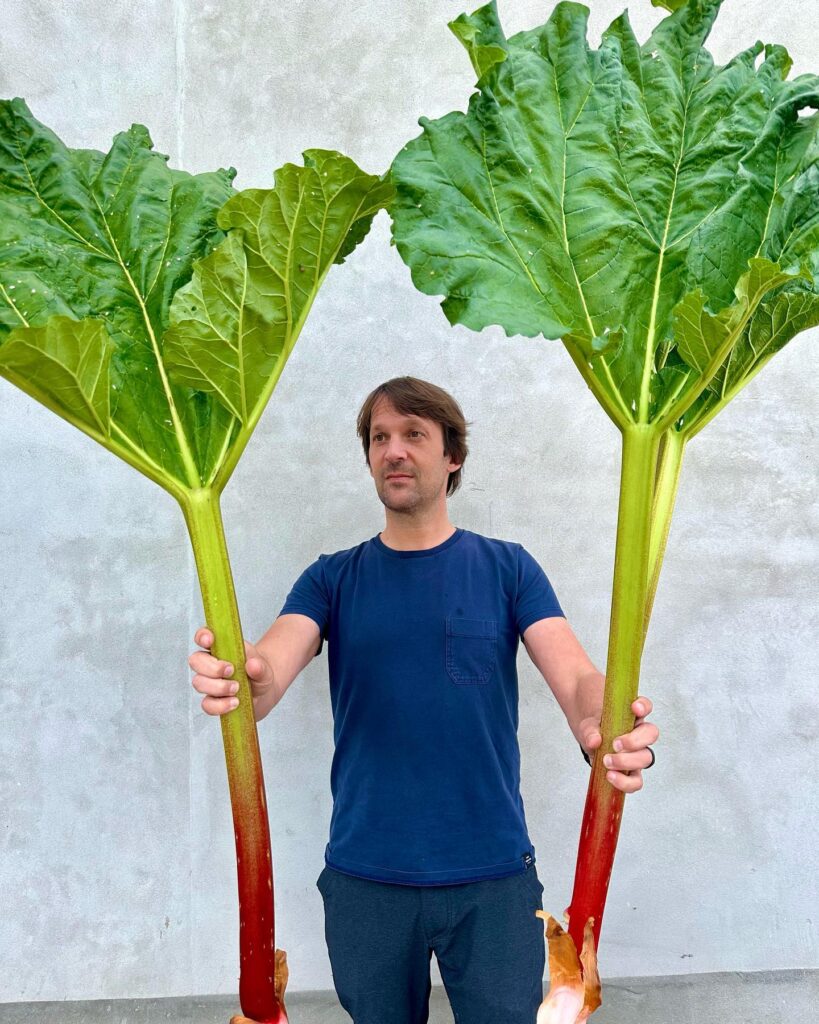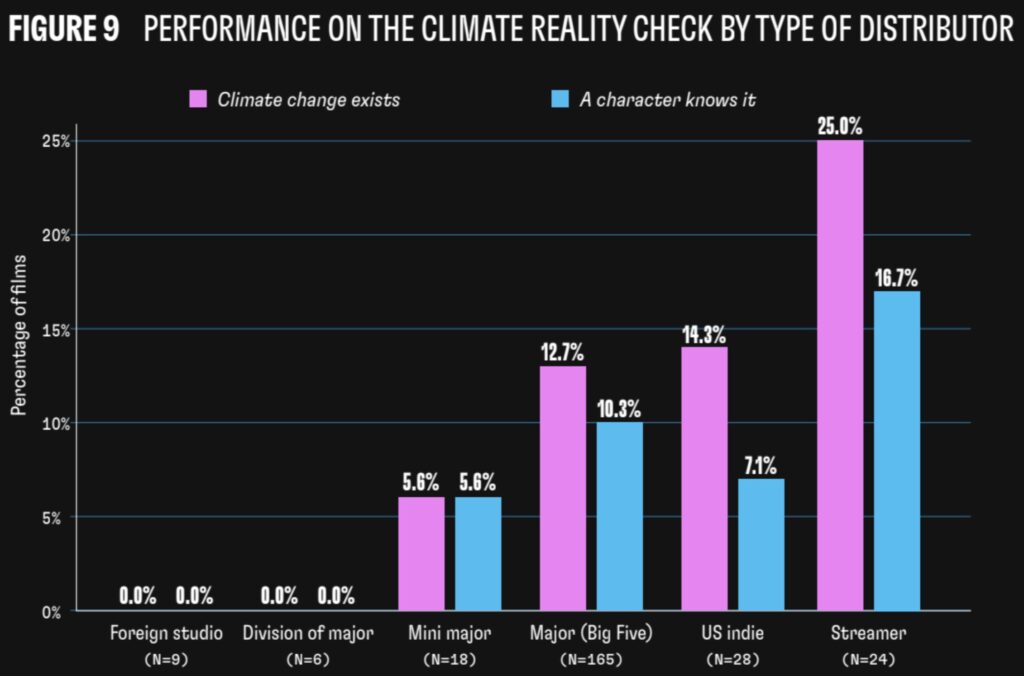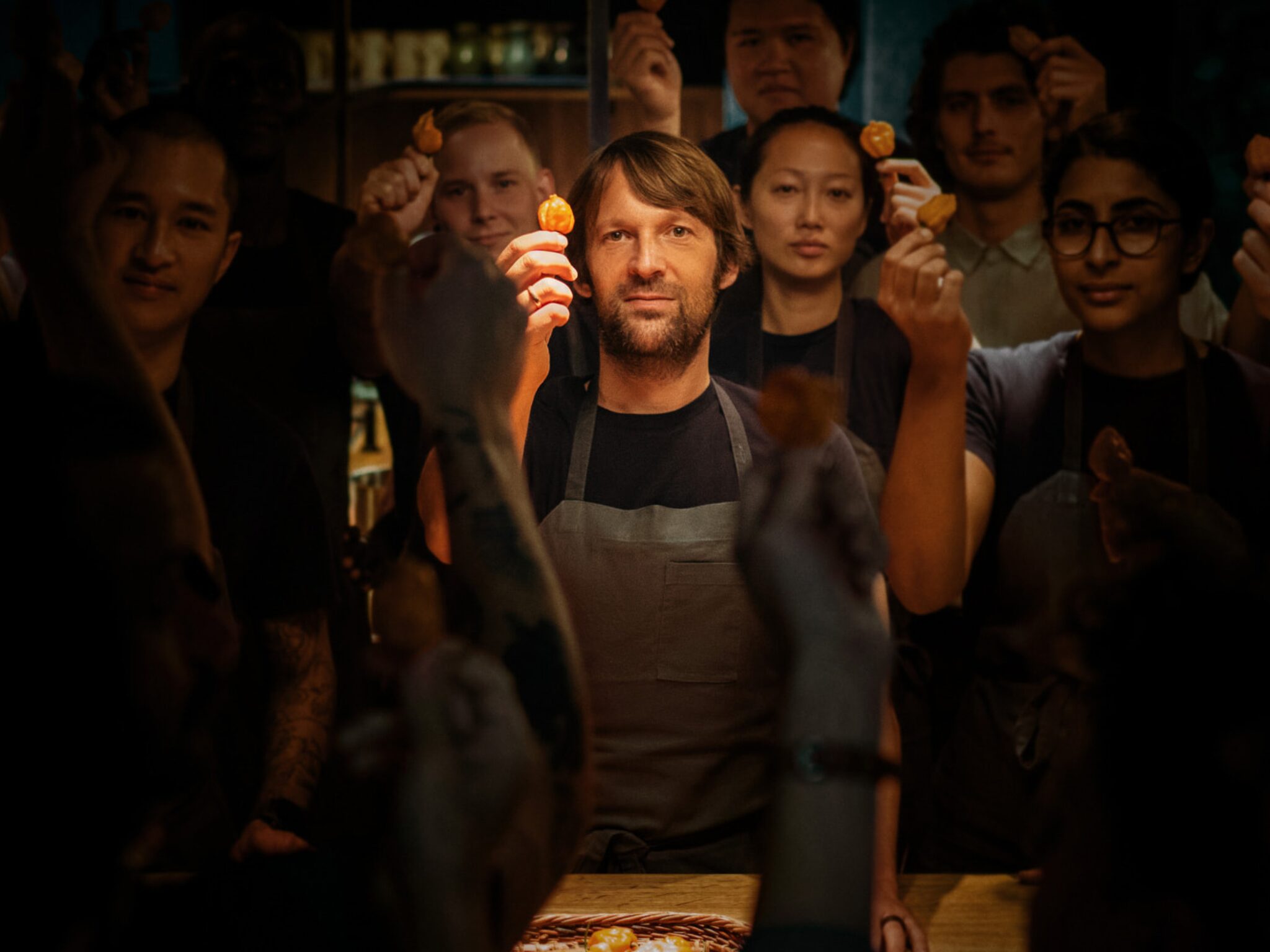Omnivore: The New Apple TV+ Docuseries Exploring the Impact of Climate Change on Food
7 Mins Read
Apple TV+ has announced Omnivore, an eight-part docuseries on the convergence of food and climate change created by the owner of the world’s best restaurant.
Crop failures, escalating prices, endangered trees – the effects of climate change are being keenly felt in the food industry, and this is before you even account for the fact that nearly a third of all food produced goes to waste.
While awareness about the impact of fossil fuels is high, for various reasons – whether that’s misinformation, cognitive dissonance or a lack of media coverage – agriculture often gets lost in the climate conversation. But we can’t afford to ignore an industry that produces a third of all human-caused emissions, especially when you consider what climate change is doing to it.
Exploring this issue is Omnivore, the new docuseries created and narrated by René Redzepi, one of the world’s greatest chefs and co-owner of what is widely considered the best restaurant on Earth. While Noma will close its doors in Copenhagen later this year, the brand will continue to live on, and the show will further cement Redzepi’s influence over the food system and the restaurant industry.
Premiering on Apple TV+ on July 19, Omnivore is 2024’s most highly anticipated new food series. In it, Redzepi explores eight ingredients – one for each episode – that have “shaped societies, cultures, beliefs, and the course of human history”, how they’re being affected by the climate crisis, and the local efforts that conserve and protect the food supply.
“Omnivore is a decade-long dream that has finally come to life,” said Redzepi. “This show is a testament to what makes food truly extraordinary: the ingredients, the people, the stories, the pure magic of cooking. Omnivore is not just a culinary programme; it is a journey into the soul of food culture and its vibrant community.”
On Apple TV+, Omnivore will explore climate impact on eight ingredients

Directed by Cary Joji Fukunaga, the documentary sees Redzepi and various contributors travel across the world – including Denmark, Serbia, Thailand, Spain, Japan, Djibouti, Peru, South Korea, France, Colombia, India, Bali, Rwanda and Mexico – to celebrate what the show’s producers have labelled “eight of the world’s most essential ingredients”: bananas, chillies, coffee, corn, pork, rice, salt and tuna.
“Through the lens of eight unique ingredients, we traverse our delicious planet and meet the diverse people who inhabit it. We have travelled across five continents, uncovering countless stories along the way. This journey has reinforced an undeniable truth: food is everything,” Redzepi said.
While he narrates the series, the Noma chef only makes brief onscreen appearances. He began working on Omnivore during the pandemic, enlisting Matt Goulding – executive producer of Anthony Bourdain: Explore Parts Unknown – as co-creator. The goal is to educate audiences about climate and food without “being like this angry schoolteacher”, as Redzepi put it to The Hollywood Reporter.
“Food is one of the easiest ways to actually create or be part of a change, through how you eat and through the choices you make when you’re at the grocery store,” he said. “If I’m to be told one more time what I can and can’t do with this ultra sense of urgency that if you don’t change your entire life over tomorrow, then you are doing something wrong – we wanted to let the audience choose themselves.”
Expanding on this, he explained that viewers aren’t receptive to information if you’re “shouting in people’s faces”. “Perhaps it doesn’t enter in the same way as if you open up the conversation and tell them in a beautiful way that: ‘Here’s a monsoon, and we need to take care of the monsoon; the monsoon is important to us,'” he said, referring to the episode about rice, where the series covers the Asian monsoons that fuel rice production and feed half the world.
Redzepi on restaurants’ responsibility over climate change

Climate change impacts restaurants in a number of ways. Seasonal ingredients are no longer seasonal, ingredient costs are on the up, and food quality is threatened thanks to supply chain disruptions. All of this has ripple effects on increasingly climate-conscious diners, and the job security of hospitality employees.
Restauranteurs “typically sit in between the outward-facing world and then agriculture”, said Redzepi. He has long been a vocal advocate for sustainability in the fine dining industry. “Chefs have a new opportunity – and perhaps even an obligation – to inform the public about what is good to eat, and why,” he wrote in the Guardian back in 2011.
“But we ourselves need to learn much more about issues that are critical to our world: culinary history, native flora, the relationship between food and food supply systems, sustainability and the social significance of how we eat. There is no conflict between a better meal and a better world.”
This philosophy has been reflected in his work. Noma prides itself on using natural and sustainably sourced ingredients. The Danish restaurant earned its third Michelin star in 2021, but it didn’t stop there – it also received the Michelin Green Star for its climate credentials.
“Sustainable practices have long served as a guiding light for our creativity, but it’s not just about the way we source ingredients or minimise our carbon footprint; it is also about establishing the best work environment possible for the well-being of our employees,” Redzepi is quoted as saying on the Michelin website.
“People in the food world, in the restaurant world, they actually have a huge opportunity to just be the megaphone for these flavours, these ways of eating, and can help push things to the better. And I also have to say that ultimately, changing people’s minds on what to eat will only happen through deliciousness – that is the change factor, in my opinion,” he told The Hollywood Reporter.
Take spinach, for instance – if the iron-rich green can be prepared in a way where he doesn’t feel like they’re missing steak, “I’ll eat spinach four nights a week and once in a while I’ll eat a steak, as opposed to perhaps eating meat-based dinners all the time”, he said. “And restaurants, they’re, of course, at the centre point of that, because their superpowers are flavour and putting people together.”
Hollywood is becoming more climate-conscious
The Apple TV+ series may be called Omnivore, but Redzepi knows the importance of reducing our meat consumption – producing meat releases twice as many greenhouse gases in the atmosphere as plant-based food.
“Eating more greens is the future, there is no way around it, but how then to eat meat and what type of meat – that also becomes important to understand,” he said. “But there’s no doubt that eating more plants is a part of a better world.”
He expressed hope – only half-jokingly – that “every single foodie on earth will watch Omnivore so that we can continue this” for more seasons. “I think the show will make people think deeper about the choices they make and the food they eat and just perhaps appreciate more food in general,” he said.
Hollywood is finally beginning to reckon with climate change, which is also the theme of The Hollywood Reporter’s latest issue. Between 2013 and 2022, less than 10% of the top 250 movies on IMDb passed the Climate Reality Check, a “Bechdel-Wallace Test for a world on fire” developed by climate story consultancy Good Energy and Colby College’s Buck Lab for Climate and Environment.
Eligible movies must be set on Earth either in the present or near future, and are assessed on two basic stipulations: climate change exists, and a character knows it. The representation of the crisis doubled in the latter part of the decade-long period, a result of climate change becoming “more obvious, pervasive, and destructive”, and more people being “alarmed about the situation”, Matthew Schneider-Mayerson, co-creator of the test.

Streaming services have performed better on the Climate Reality Check than other studios, with 16.7% of titles on Apple TV+, Netflix and Amazon Prime passing the test (albeit with a much smaller sample size). Meanwhile, films that went straight to streaming were nearly twice as likely to include climate change in their stories, and more likely to have climate-aware characters too.
This is Apple TV+’s first food-focused original, and will come a month after season three of FX’s The Bear is released today. “Food is never just food. That is one of our key ground philosophies when we explore everything here,” Redzepi said.
“Food is the most important thing on earth, and let people think about that. It might not be to them because they might be interested in other things that are to them most important, but changing food is changing the world and is also changing health.”



